Costa Rica
Promoting ocean transparency together
Global Fishing Watch and the Costa Rican Fisheries and Aquaculture Institute (Incopesca) began their formal collaboration in July 2020 after signing a memorandum of understanding to share the monitoring data of fishing vessels from the Central American country on the Global Fishing Watch map. With the technological support of Global Fishing Watch, Costa Rica has strengthened its surveillance and control capacity and taken important steps forward in the fight against illegal, unreported and unregulated (IUU) fishing. Since January 2022, the activity data of approximately 100 Costa Rican industrial longline and purse seine vessels were made publicly visible on our map.
Ninety-two percent of Costa Rica is comprised of marine territory, while only eight percent is continental land. The country’s jurisdictional waters cover nearly 231,661 square miles (600,000 square kilometers), and it is a nation widely recognized for its global environmental leadership. Artisanal fishing is a vital source of work for many coastal communities, while pelagic fisheries for tuna, dorado and swordfish account for the vast majority of catches. In the case of tuna, fishing is mainly carried out by foreign vessels licensed to operate in Costa Rican waters.
The Central American country has made efforts to promote sustainable fisheries and aquaculture production and the development of a blue economy that guarantees the continuity of marine resources, especially for artisanal fishers. The technology provided by Global Fishing Watch supports these actions and facilitates decision-making for marine management.
The waters of the Costa Rican Pacific are home to Isla del Coco, a national park inhabited by 1,688 species of marine fauna, of which 47 percent are endemic.
With almost 1,300 kilometers of Pacific and Caribbean coastline, Costa Rica co-chairs with France and the United Kingdom the 30×30 initiative promoting the agreement to protect at least 30 percent of the global land and oceans by 2030. In addition, at the 2021 United Nations Climate Change Conference, the country joined Ecuador, Panama and Colombia in a declaration to create a marine biosphere reserve in the Pacific, protecting the Marine Corridor of the Eastern Tropical Pacific, which includes the islands of Coco, Galapagos, Malpelo and Coiba.

Sharing fishing vessel data
since January 2022

95+
monitored vessels
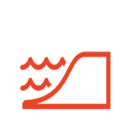
800 miles
coastline
How we support Costa Rica
Global Fishing Watch aims to support Costa Rica’s commitment to strengthening the governance of fisheries resources through our emphasis on technology, leveraging big data, and promoting good management and equity in the sector by combating IUU fishing.
This partnership gives a direct line of support to Incopesca in developing its analysis capabilities and provides cutting-edge technology for monitoring fishing in its national waters.
Recent work
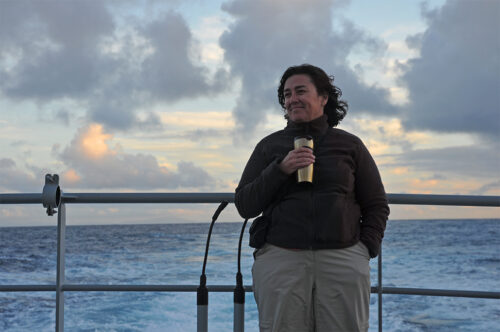
Asia-Pacific Economic Cooperation is a Powerful Forum for Boosting Transparency to Combat Illegal, Unreported and Unregulated Fishing
APEC members share marine resources across a single ocean basin. Ensuring sustainable exploitation and trade is a shared concern. The Asia-Pacific Economic Cooperation, or APEC, is an intergovernmental forum for 21 member economies in the
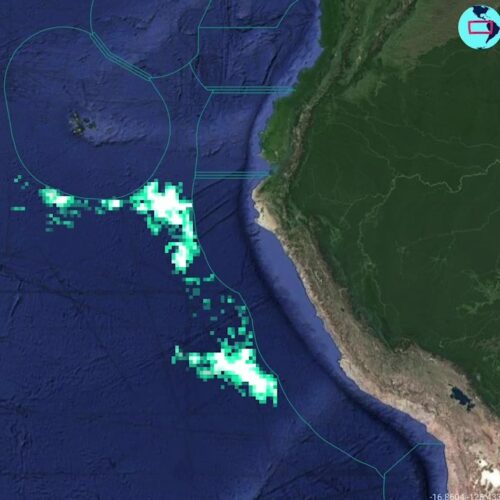
Squid Smarts: 5 Things You Need to Know about Jumbo Squid Fishing in the Southeast Pacific Ocean
An analysis of the 2020 squid season reveals key players and true scope of fishing activity The jumbo flying squid (Dosidicus gigas), commonly referred to as Humboldt squid, is the most abundant cephalopod species in
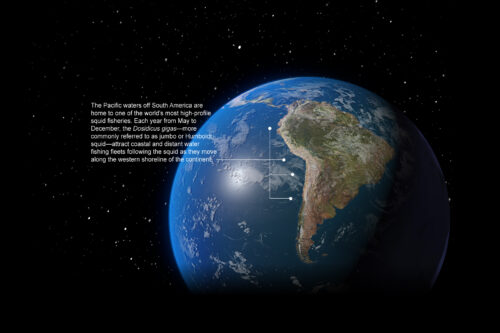
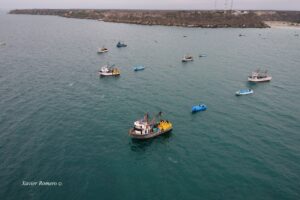
Leadership in Fisheries Management Will Help Bring Transparency to Latin American Waters
Costa Rica and Ecuador will join the Global Fishing Watch platform, furthering accountability of fishing activity in the region A new era of transparency in fisheries management is emerging in Latin America. Since 2018, Peru,